Learning Turkish while living in Istanbul can be an experience both painstaking and profoundly exciting. There is an undefinable moment in this adventure – that varies from foreigner to foreigner – where everything changes. Similar to living entities, some Turkish words begin to take over your own language and become an indispensable set of words of your daily lexicon. These are the 5 Turkish words that once invaded my cells like a linguistic virus and now I can’t live without them.
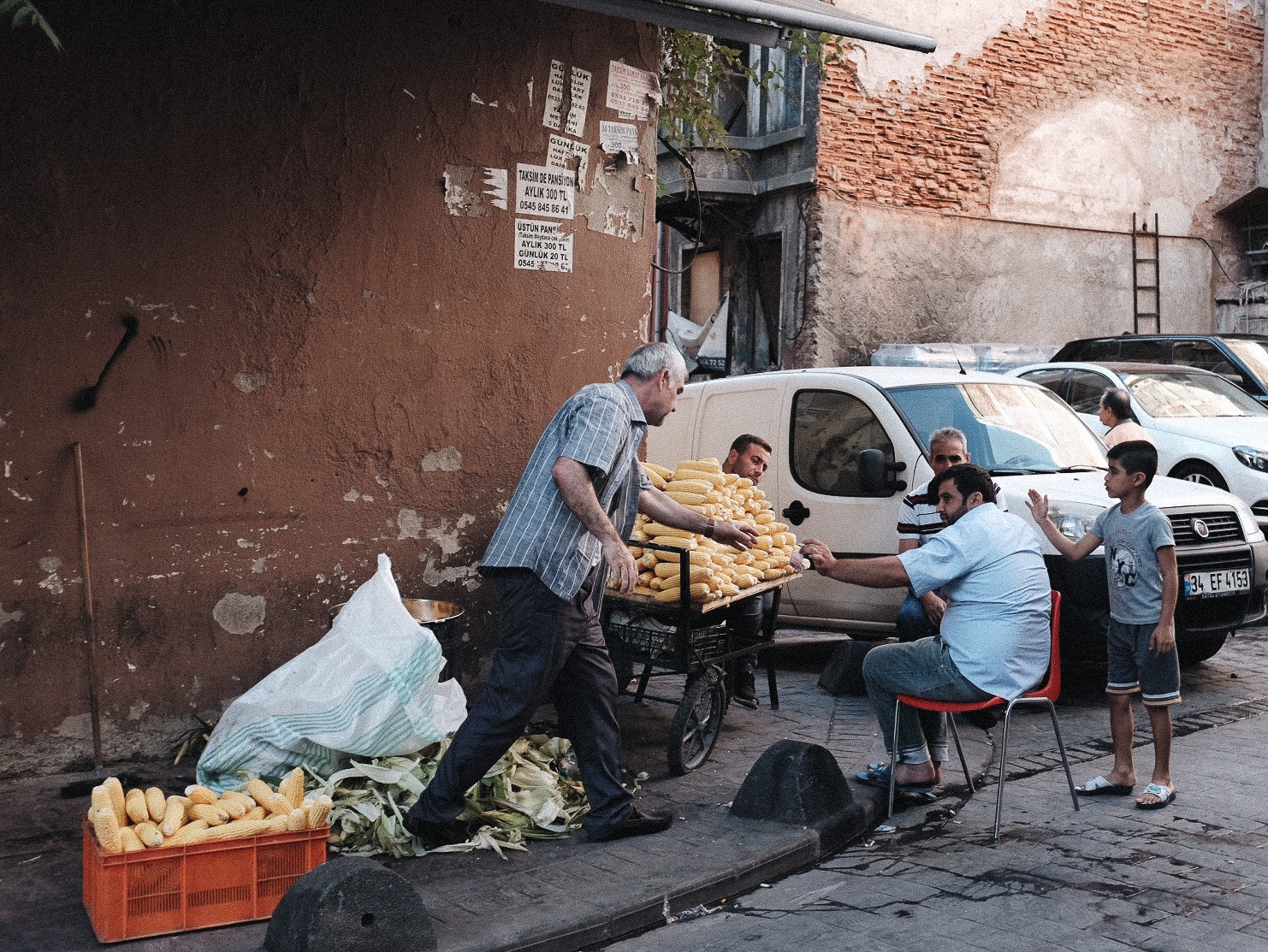
Tamam
Tamam is the cornerstone that sustains and upholds the Turkish language. The Turkish okay, the quintessential agreement word, is by far the most infectious word of this language.
After a while living in Istanbul every yabancı ends up using this word daily. A bunch of times. And even when talking in their mother tongue to other expats! You can hear them over the phone talking in their native language and suddenly slipping a couple of tamams in there (because of course you always use it twice in a row). The reason can be that tamam has a very peculiar musicality that stuck in your brain. It is a very resilient word and is highly contagious. Once tamam has taken hold of your brain it’s almost impossible to eradicate it. Every time I’m back in Barcelona and I use it unconsciously among my friends they look at me like a weirdo. Some of them ask me if I just cursed their mom. Then I laugh candidly, put a hand on their shoulder and I reassuringly repeat the mantra ”Tamam, tamam”.
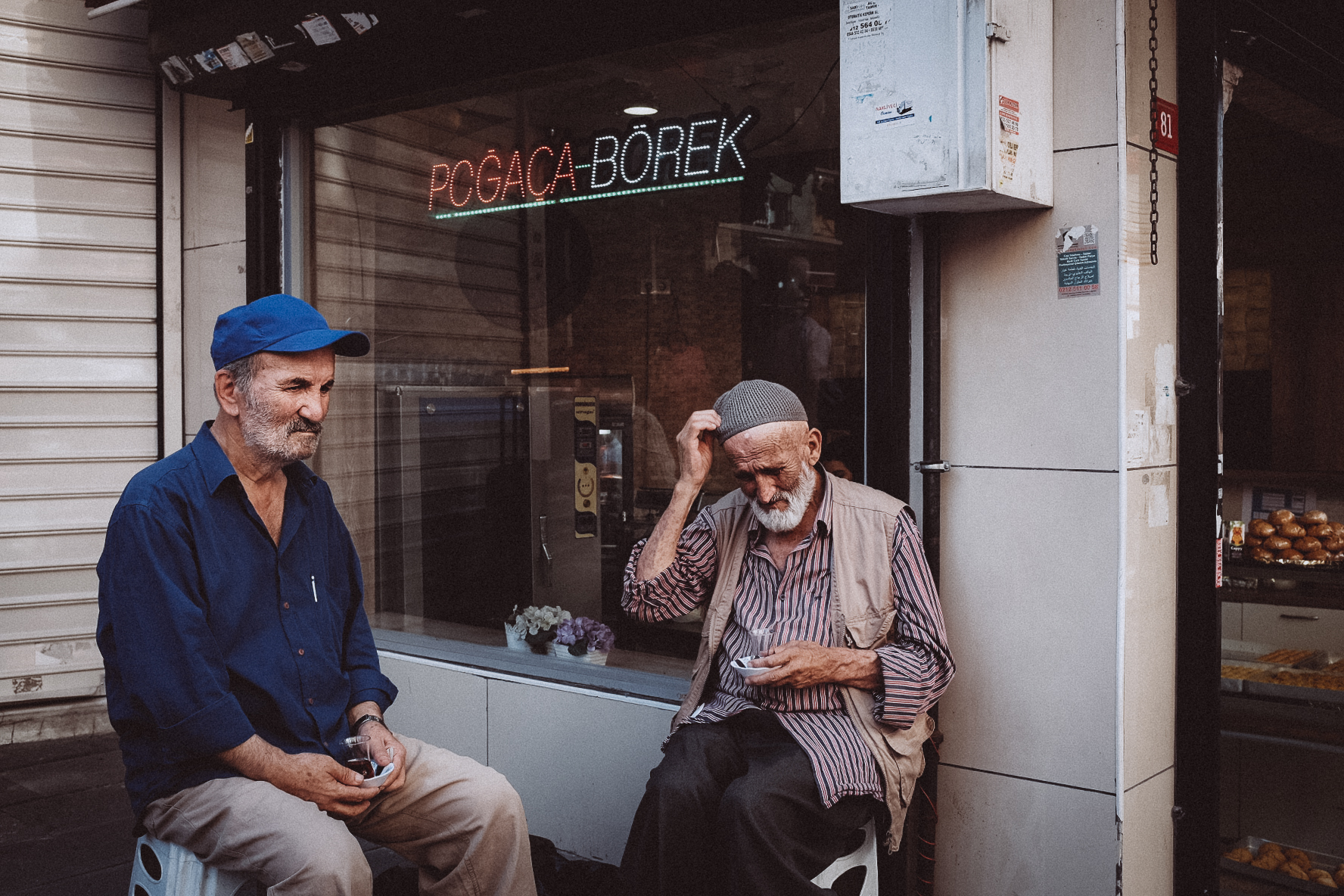
Şey
It simply means “thing” and it’s the preferred filler word in Turkish. It is actually extremely useful for Turkish beginners as it will save your life when you don’t know how to finish a sentence or you need to buy some time to remember the right word. Just throw a şey in there and a gracious Turk will behave as the human embodiment of an iPhone and will autocorrect and/or autocomplete the sentence. And you can still take all the credit for your amazing language skills. Pro-tip: If you need some extra seconds to think, just elongate the e of the word. Alternatively, use the sentence “sen söyle”(you tell it) to achieve a higher level of autocomplete effect.
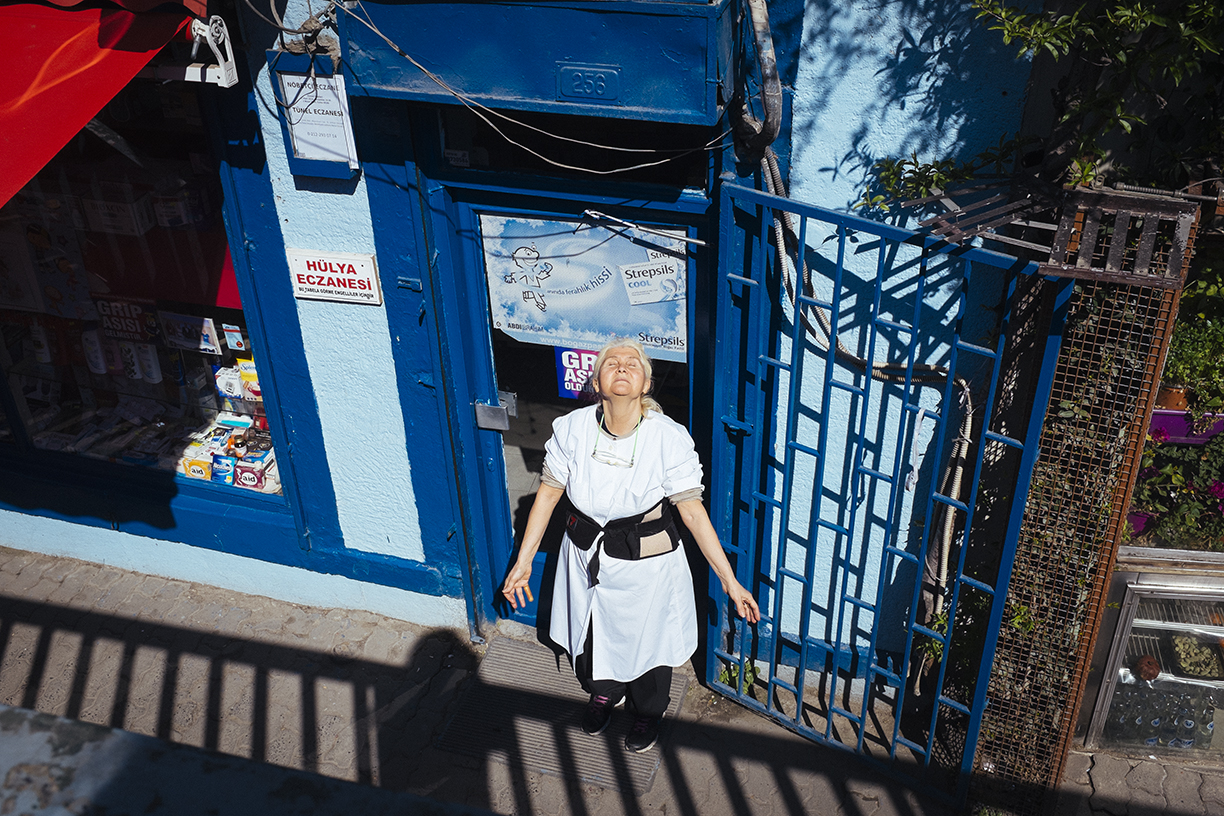
Eyvallah
Yes, I know, it’s a word that comes from Arabic but it’s so intrinsic to Turkish culture that it’s a must in this list. Apparently it means “we entrust to God” and while it has several uses, the most common is a term of appreciation and gratitude. Its like an archaic way to say teşekkürler and it’s mostly seniors who use it. That’s why it’s probably one of my favorite words to use in a sarcastic way. At the same time, just place a hand near your heart and check the different reactions in your Turkish friends faces. They usually will range from laughter to genuine shock and disbelief.
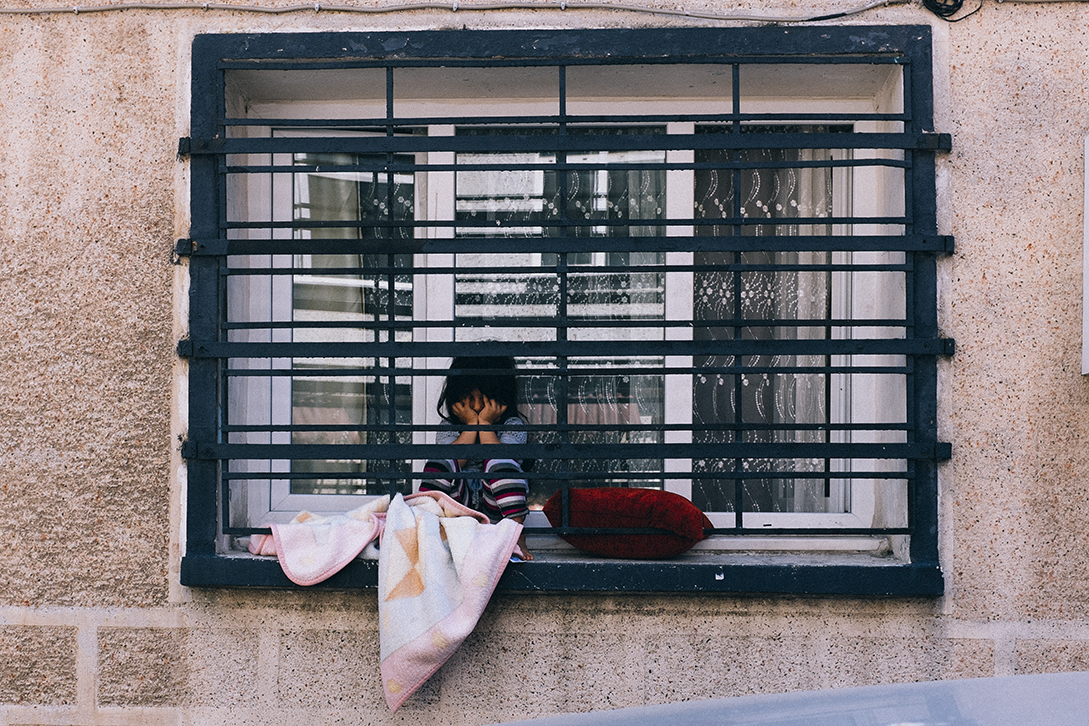
İnşallah
I know, again. A term borrowed from Arabic. I know, again. A term that includes “Allah”. But what can you do sometimes if they are so musical and useful? This one means “God willing” and has lately raised quickly to my top 5 most used words as it is another lifeboat to endure the storms of Turkish language. It is tremendously useful when you just don’t want to answer an impertinent question. ‘Will you marry with your Turkish girlfriend/boyfriend?’Answer: İnşallah!’ ‘Will you have children now that you are married?” Answer: ‘İnşallah!’. Pro-tip: if you want to talk like the cool kids these days you better say İnş, always elongating the ş for comedic purposes.

Ikram
That’s not a word I use lightly. It means “gift” and it is a key word to be familiar with. If you use it wisely in a restaurant, you may finish off your food with a free çay and some times even a Turkish coffee. When the waiters are taking the plates away and they ask if you would like a tea or coffee, just slip a cute “İkram mı?” and wait for your complimentary hot beverage. I would never ask such thing in my country of origin but here I can be pretty shameless about it. İkram is the secret code that gives you access to a world free-of-charge: It’s the sound of gratis heaven.
These are the 5 words that I can’t live without. What are some of yours? You can leave them in the comments.
All photos courtesy of Colin Craig and Svetlena Nekrasova.

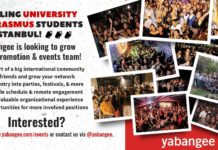










Nice article with nice words…yes I do agree that those will give great effect to your turkish freinds on how good you are in Turkish…
One note to be added… all 5 words are originally Arabic words with very similar meanings!!!
Regards
I’m not surprised to see “only” poorest streets of Istanbul where quite everyone is an immigrant from other villages outside of Istanbul-
It’s always colourful of course to see many subcultures together, I am not against that. But “to see the real Istanbul middle class families and their traditions and language etc” is a thing which is absolutely IMPOSSIBLE. You’d be shocked to see my family’s photos in Istanbul of 80 years old, well, even 25 years ago it was another place…. No chance, no one will know… (By the way “Eyvallah” was considered slang in Istanbul, specially a woman using sounds rude, but anyway, who cares I shouldn’t say. But there was another Istanbul. No one wants to hear us, we are in minority. No right to speak. Even for stupid things like: when I say apple tea has nothing to do with Istanbul (even with Turkish culture), or black tea has a short history in Turkey, it’s the coffee which had a lot to tell, I need to stay silent. “Newly rich and very poor” live in our lost city now. A city of thousands of years old, has a horrible fake mask since a few decade… Why not to see the real soul?
You have a musical way of writing. Enjoyed your content and as well as the wording.
EYVALLAH!
Me encantó!!! Muy preciso, me pasa lo mismo con “Tamam” Aunque Ikram no la sabía!
Devrim
Interesting you should say that. The apple tea was something I was thinking about only this week. I remember being a tourist and the first times I came to Turkey the apple tea was something that was given in shops and told to be very popular.
Since living and working here for many years now I was thinking last week – who actually drinks apple tea.
My husband also said about the tea not always being here.
I’m sad to here you feel like you’ve lost your city and how it used to be.
I would say, görüşürüz (see you), I keep using it myself quite often.
Personally I like Kolay Gelsin even though my Turkish is limited, and i’ve tried to adapt it when i’m home in Scotland. I always brings a smile to the faces of the immigration officers at Dalaman, when they are having a boring long day 🙂
“Zam” or “zam geldi” and “abartma!”